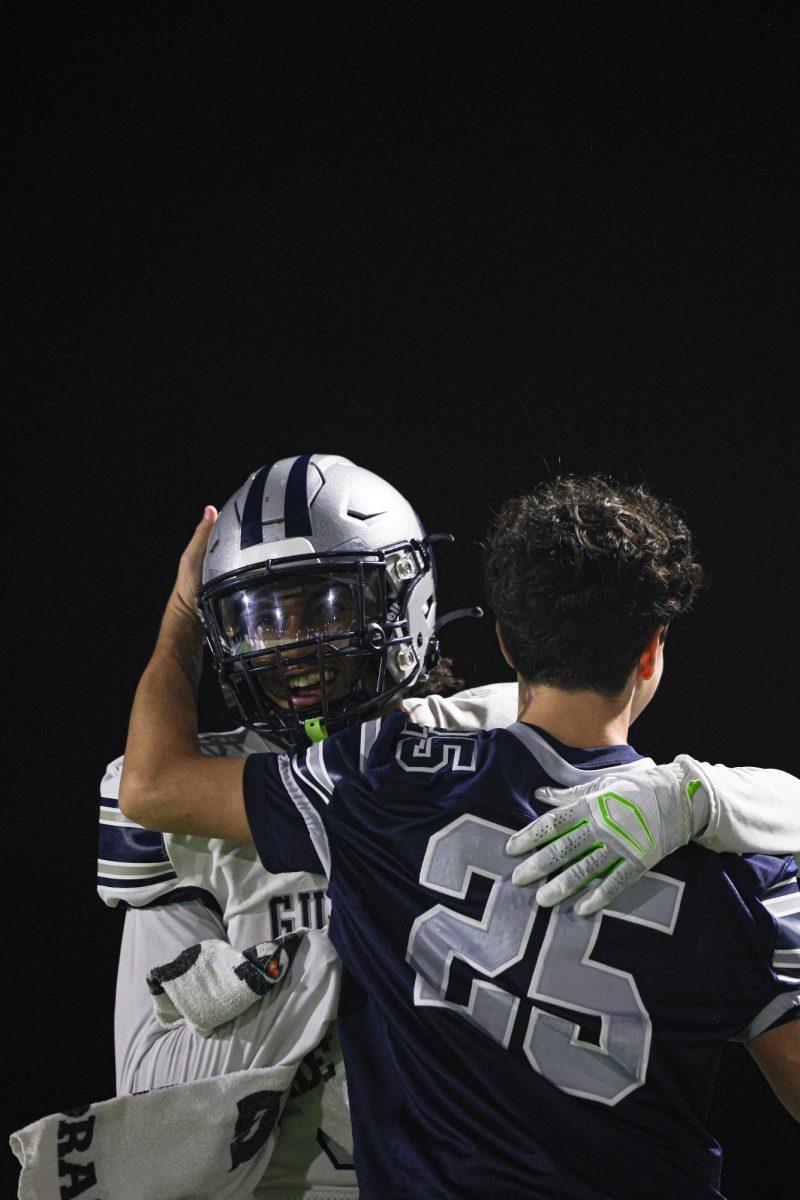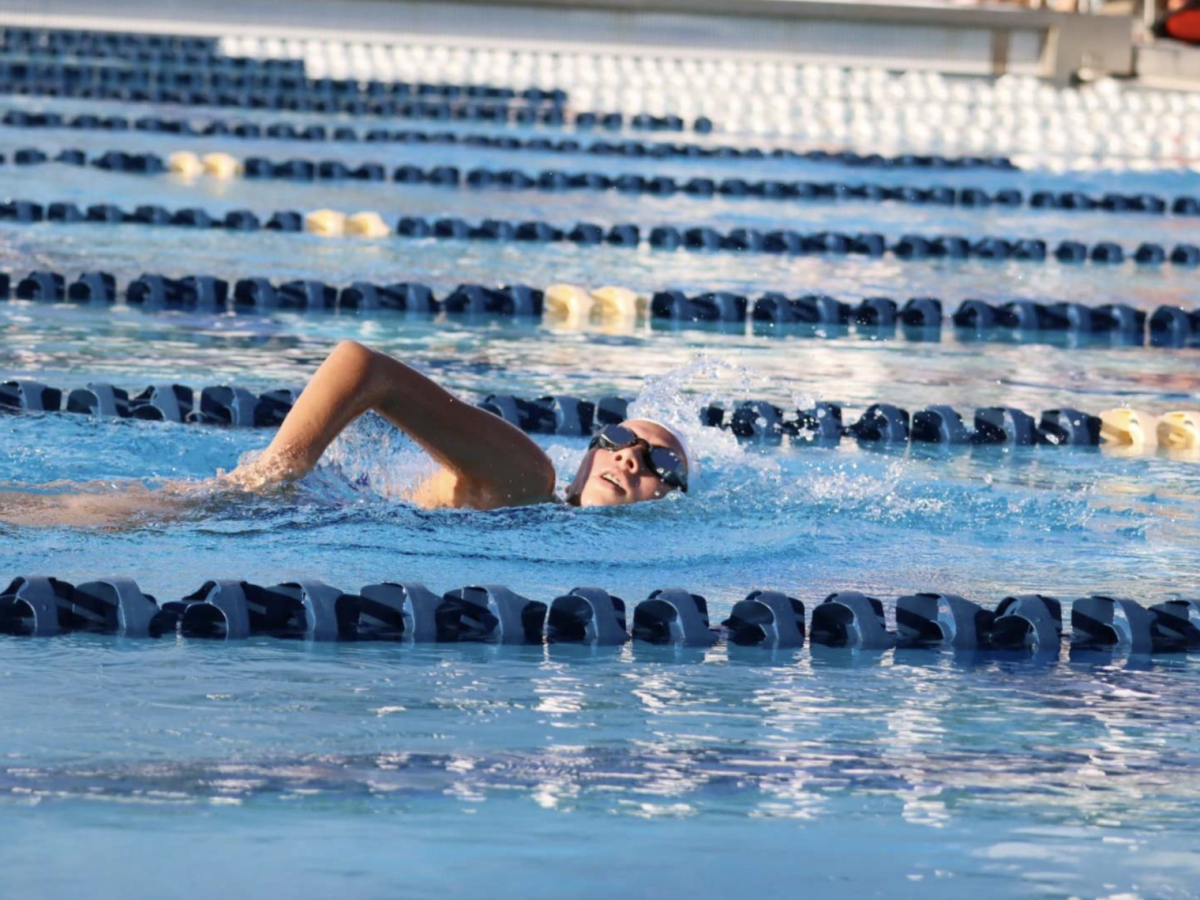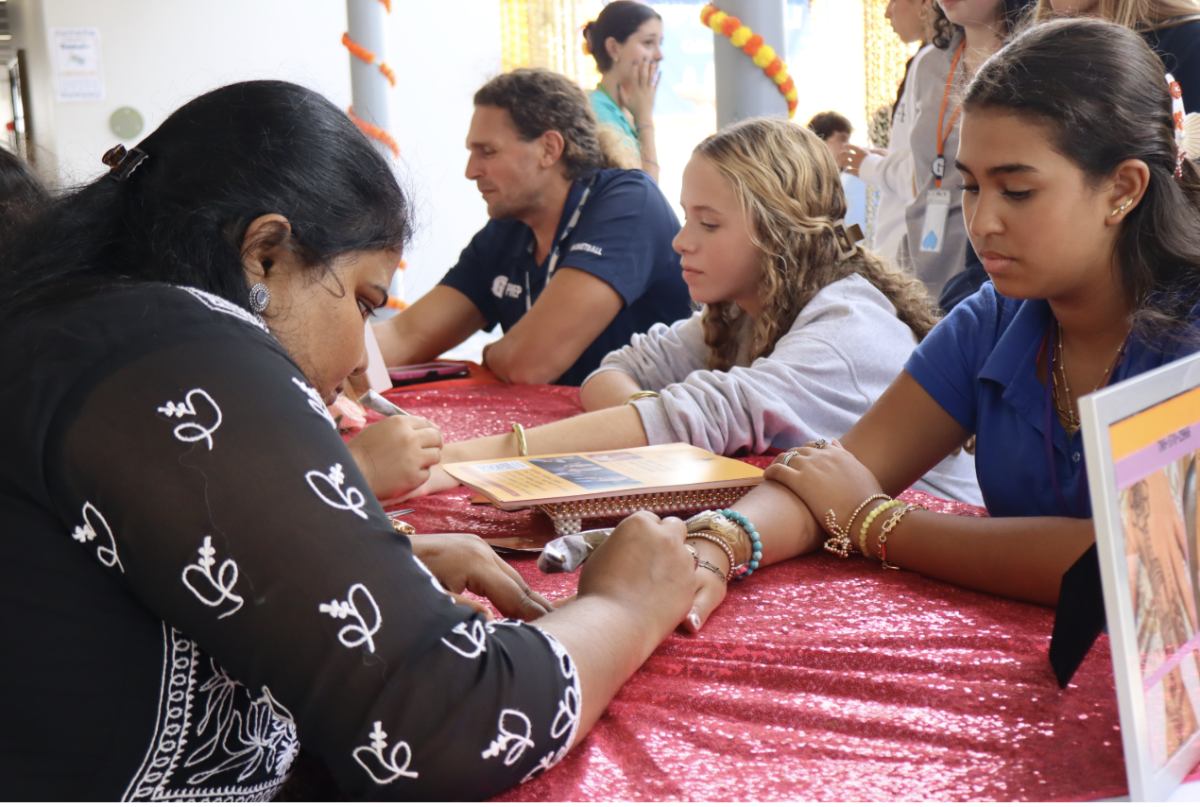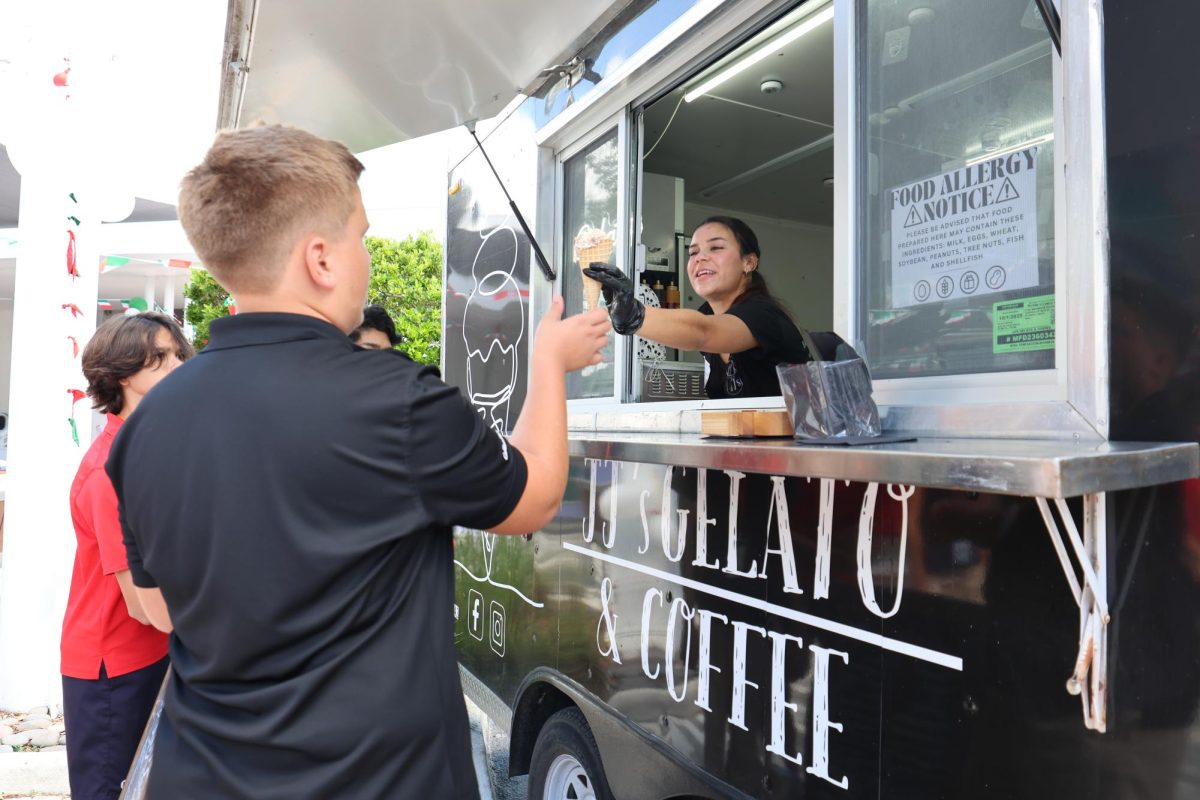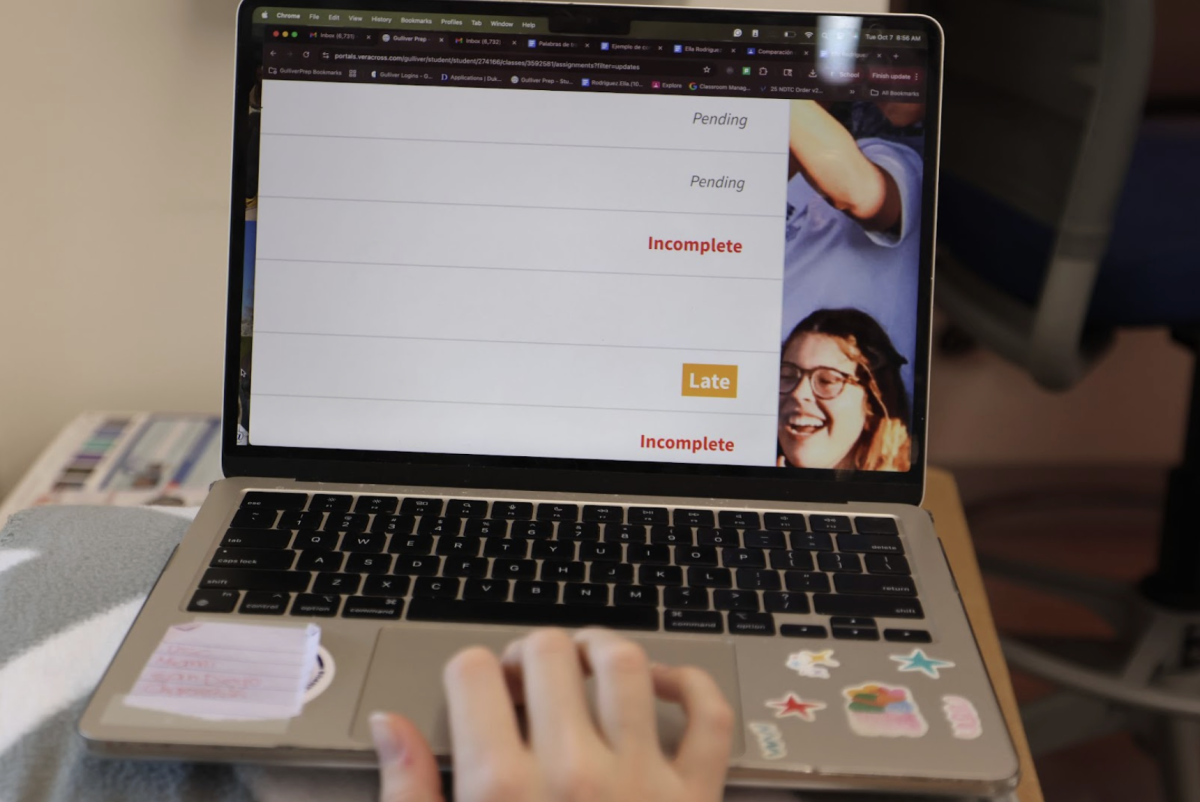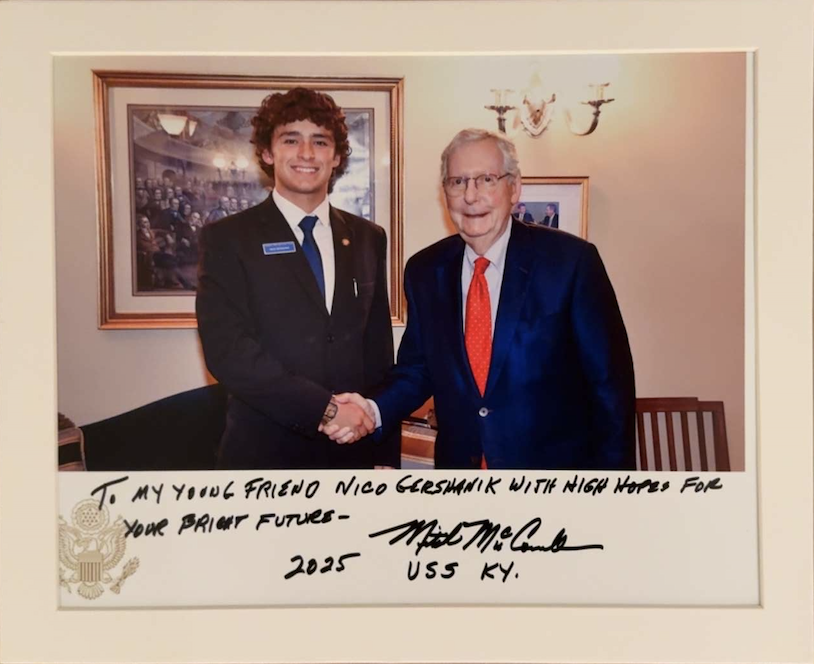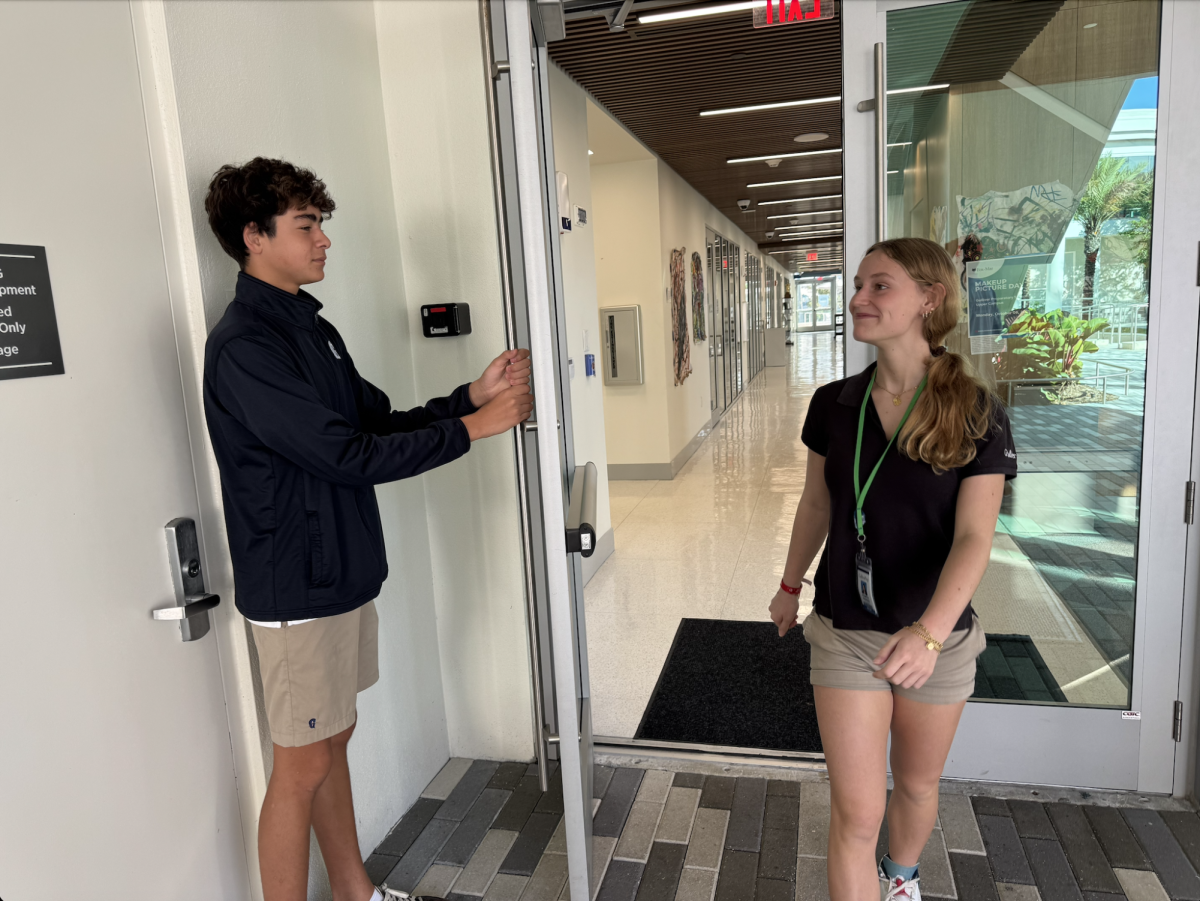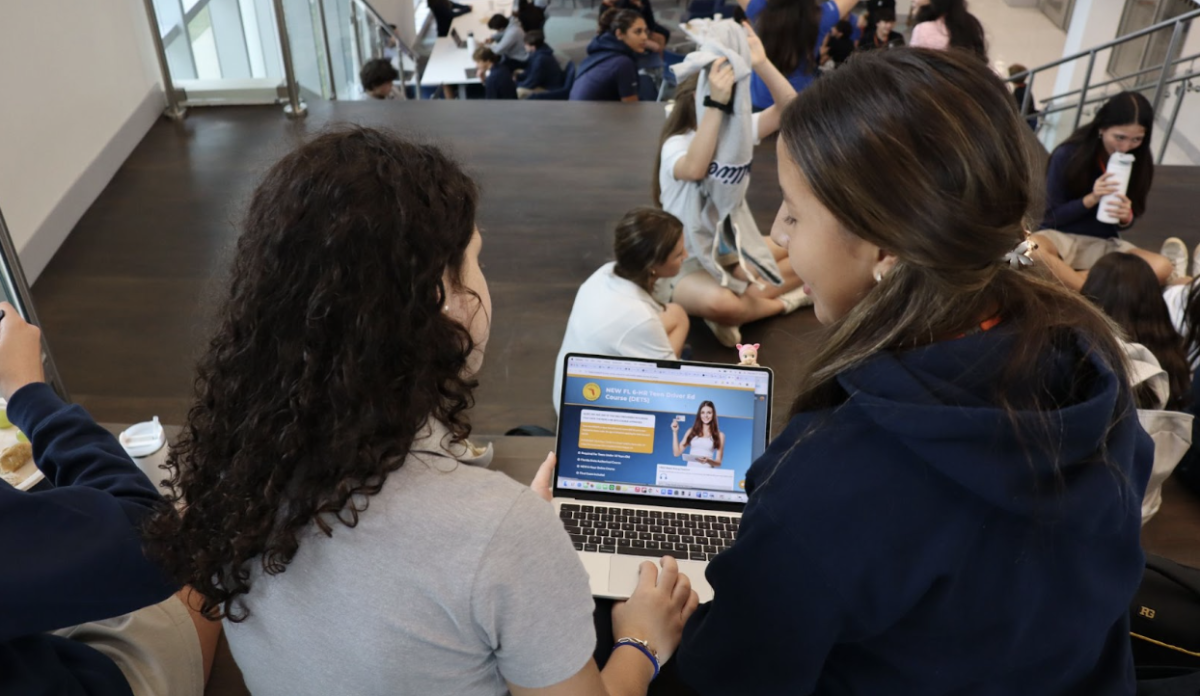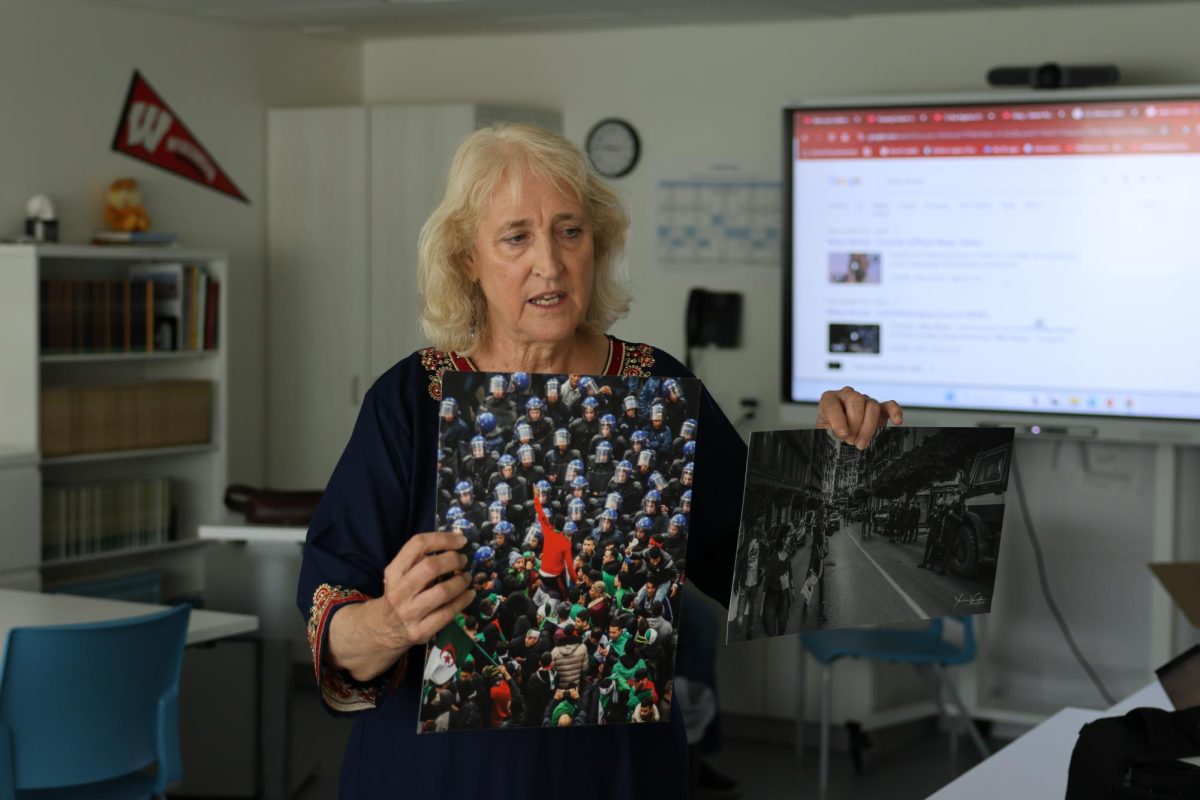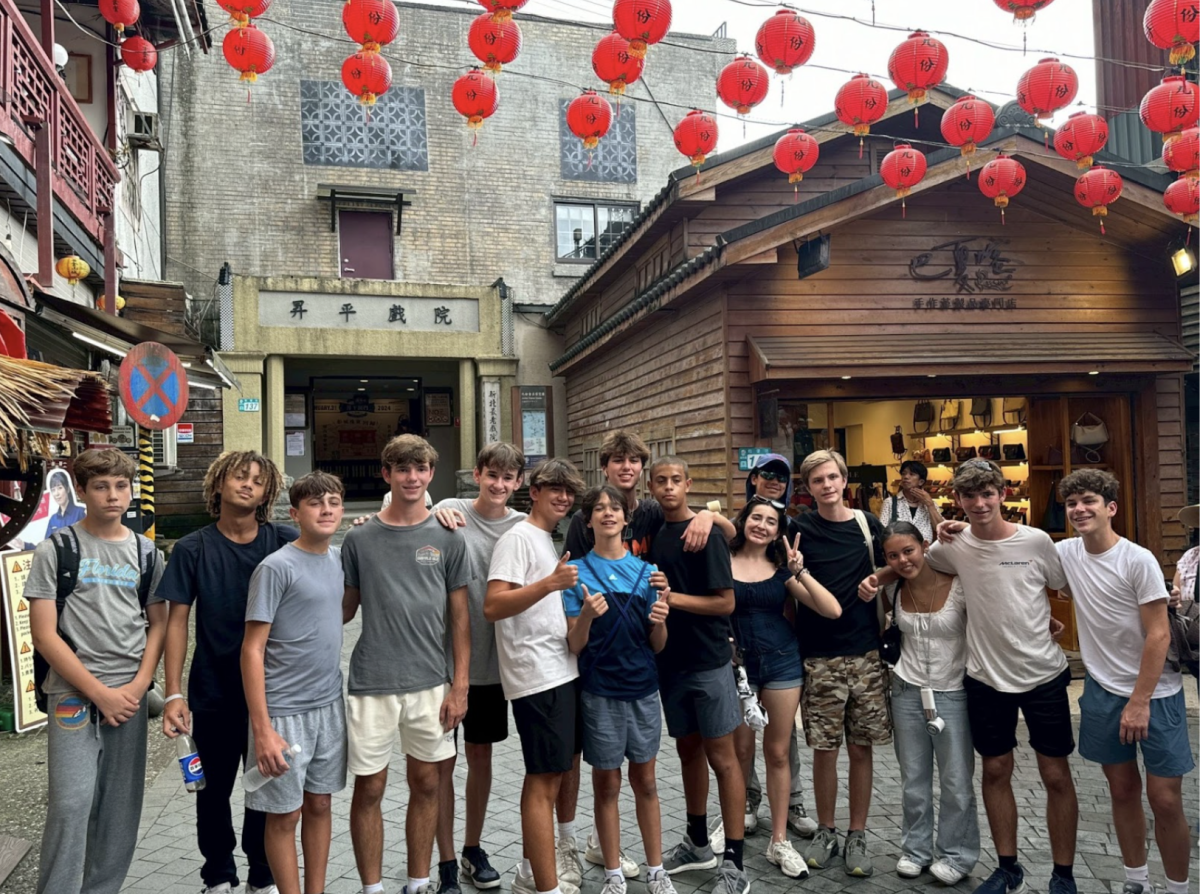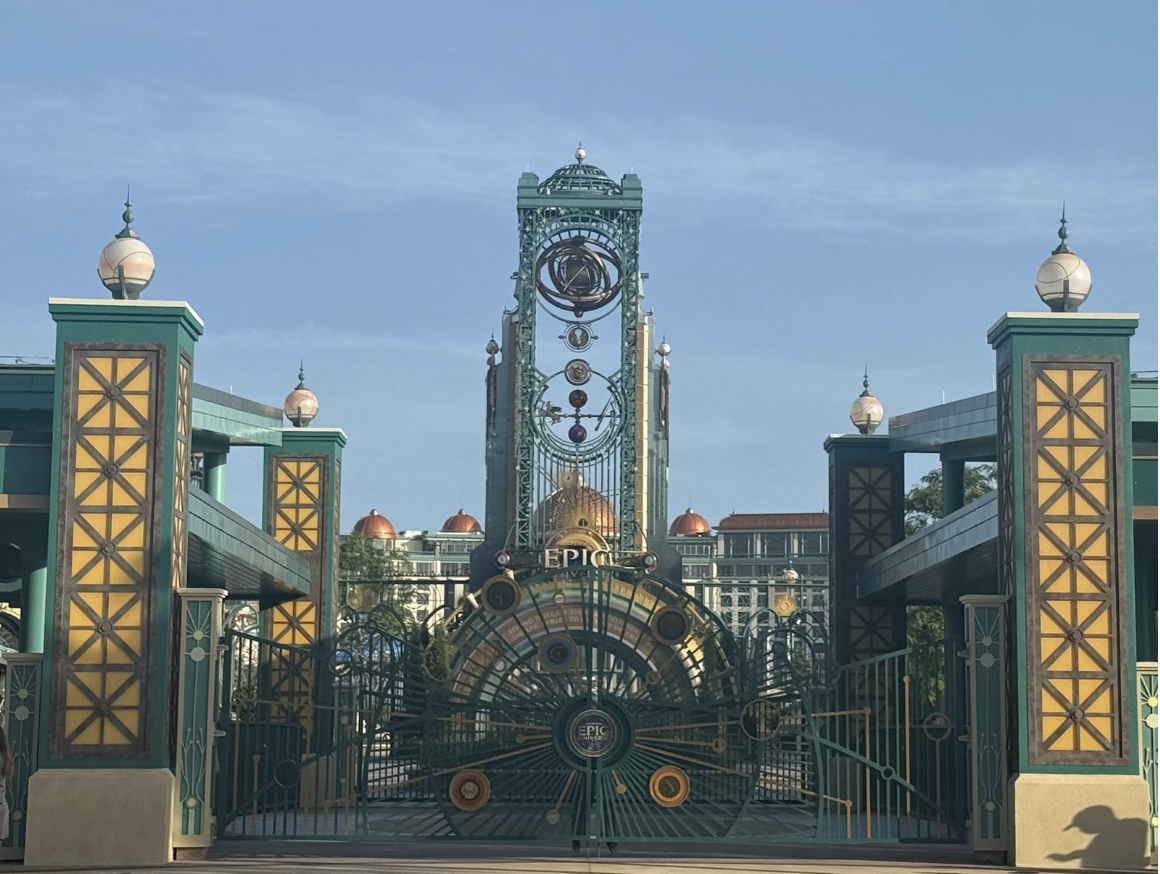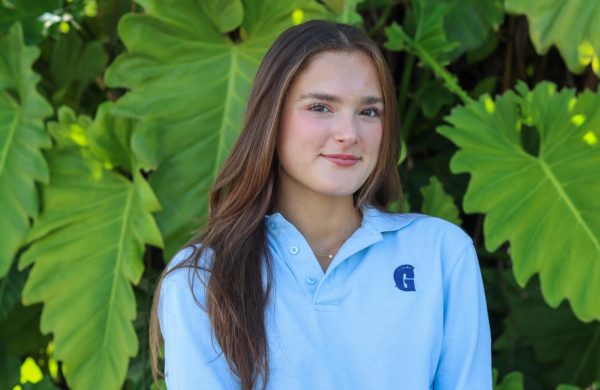During Election Day, those interested in advocacy took on a front-and-center role in the voting process. Senior Gaelle Timmer shares her experience as a voting deputy during both the primaries and election day. Timmer was the only high schooler working as a voting deputy at her precinct, and she had to miss school for the initial training session, the primaries, and election day.┬Ā
Timmer explains that to be a voting deputy, one must attend training to learn how to operate various machines utilized for different aspects of the voting process. This is time-consuming as trainees must be trained to use all machines because they donŌĆÖt know where their help will be needed on election day. Timmer explains that the head person in charge, The Clerk, directs deputies to a position depending on the number of people at the polls.
Timmer said there were significantly more people on election day than the primaries, which caused her role to change. At first, she managed a DSD200, a voting scanner, and a tabulator. Her favorite job, however, was being able to manage the Electronic Pollbook on election day. The task required her to operate a machine holding the records of eligible voters and their registered parties within each precinct. While managing the electronic poll book, Timmer ensured that those willing to vote were registered and eligible for that precinct. If not, she would direct them elsewhere. The entire process lasted from 5:30 am to 7:00 pm. However, Timmer says that the novelty of the experience made it all worth it.
ŌĆ£I thought it was especially interesting to interact with a number of different people from each political party, all prepared to exercise their right to vote,ŌĆØ Timmer said.
Senior Katherine Figueroa, who also volunteered as a voting deputy during the election, shares the perspective that while the task was time-consuming, the experience was one of a kind. Figueroa explained that she had to be outside the entire day to greet people entering. However, immersing herself in advocacy despite her inability to vote was a one-of-a-kind experience.
ŌĆ£There were a lot more people than we had expected, but I was excited to be able to guide them through the voting process,ŌĆØ Figueroa said.
The experience was especially significant for Timmer because, as a member of the Social Science Honors Society, Rho Kappa, and a student in the International Baccalaureate Global Politics program, she plans to major in Political Science and values advocacy highly.┬Ā
ŌĆ£I strongly believe that voting is the most important right we have as American Citizens,ŌĆØ Timmer said.
While she is not old enough to vote yet, Timmer feels that this experience has empowered her to engage in advocacy, which excites her for her future academic path.
Social science teacher Christine Cuesta, who had worked with students in Rho Kappa to help prepare a mock election that the administration unfortunately canceled, says she much appreciated Timmer’s help with the project. Like Timmer, Cuesta strongly believes that voting is a citizenŌĆÖs most important responsibility and should not be taken for granted.
ŌĆ£I am a natural activist at heart, and I feel students should take advantage of opportunities to immerse themselves in forms of advocacy, especially during an election year that is so contentious,ŌĆØ Cuesta said.
Other Rho Kappa students also believe voting is one of citizens’ most important roles.
ŌĆ£While I did not want to miss school days, I still believe it is important for students to build a strong foundation now so that they are truly prepared to use their voice when they reach the right age to vote,ŌĆØ Senior Ashley Garcia said.
Many students passionate about political discourse share how they admire student volunteers as young people must prepare themselves for voting.
ŌĆ£We are the future of society. We will be voting in the future, and it is good to start now,ŌĆØ Lemann said.


